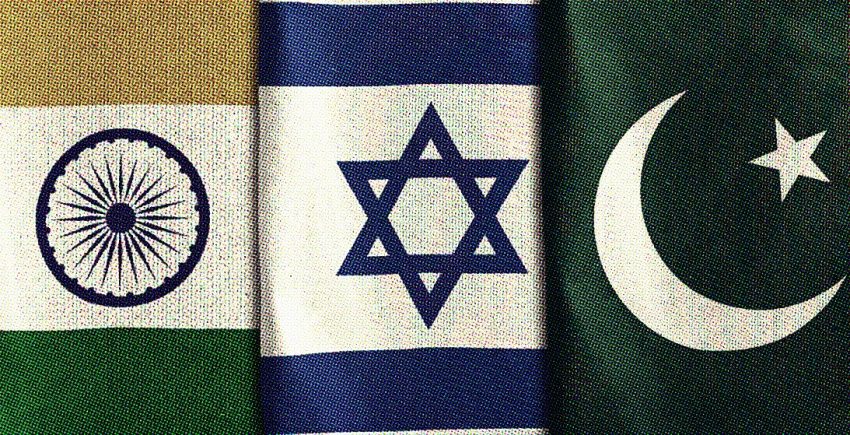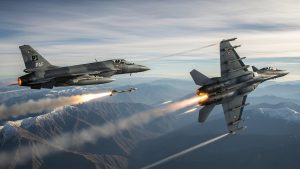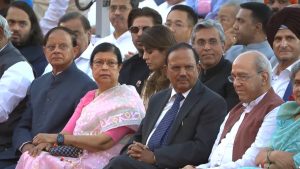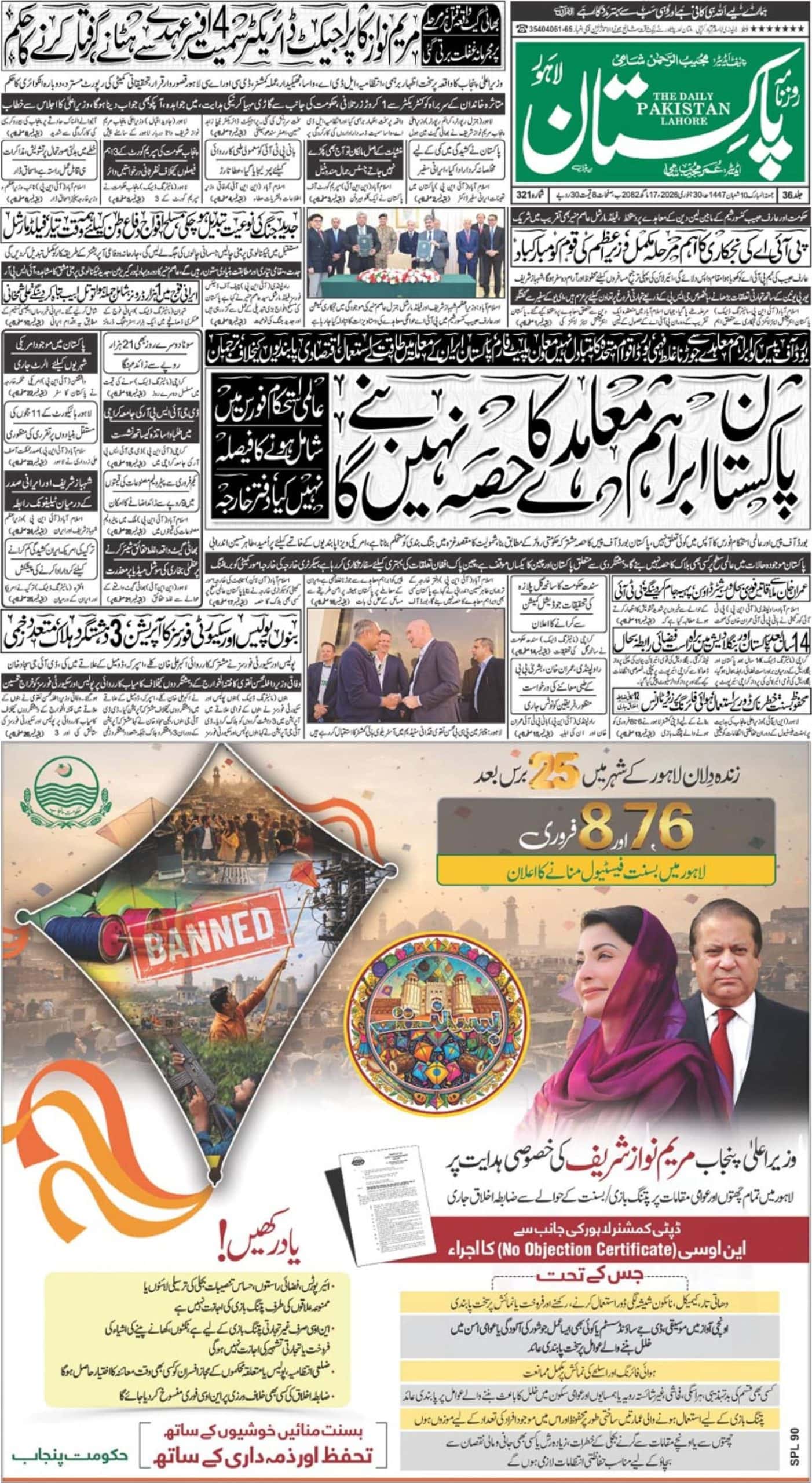Every time those old, deep wounds in Israel and Palestine tear open again – and they are bleeding raw right now – it’s not just the people there who feel the earth move. The shockwaves travel, believe me. And here in South Asia, those jolts? We feel them acutely. Then you watch India, step by careful step over recent years, deliberately cozying up to Israel, finding warmth in that particular strategic fire. This isn’t just some dry diplomatic story for the back pages; for Pakistan, it shines a harsh light on a critical piece of our already intricate security picture. It makes us take another hard, honest look at what we’ve quietly built to stand firm.
Look, let’s just be honest here. Those powerful declarations India once made for Palestinian solidarity – remember that? It was like their signature tune from the Non-Aligned days. Well, that music has pretty much faded. And what’s playing now? A very down-to-earth, eyes-wide-open partnership with Tel Aviv. It’s a deal fueled by common business goals, seeing eye-to-eye on fighting terror, and, you can’t miss it, a continuous supply of some very serious Israeli military tech. Fine, nations have to look out for number one, right? But Islamabad, looking east, isn’t just seeing a bilateral deal. It’s witnessing a shift that nudges the regional scales, underscoring, yet again, why Pakistan has poured so much into ensuring it can’t be pushed around.
Peel back the layers of commentary, dig into the real assessments grounded in defense intelligence, and what emerges is a Pakistan that has long anticipated such geopolitical currents. Its defense posture isn’t some hastily erected barricade. It’s a deeply rooted oak, its branches—conventional and unconventional—grown over decades to withstand storms. The most obvious of these, the nuclear umbrella, provides that ultimate, non-negotiable backstop. “Full spectrum deterrence” isn’t rhetoric; it’s the cold, hard assurance that any dream of overwhelming Pakistan conventionally is just that – a dream with a nightmare ending. This, in itself, buys Pakistan the space to engage the world with a certain composure.
But this isn’t solely a nuclear story. Far from it. The Pakistan Air Force (PAF), for one, has proven its mettle time and again. The JF-17 Thunder, hammered out in collaboration with Chinese ingenuity, isn’t merely an aircraft. It’s a statement – of self-reliance, of adaptive capability. Loaded with sophisticated avionics, beyond-visual-range punch, and precision-guided smarts, it’s a lynchpin. And it doesn’t fly alone. It’s woven into an increasingly dense tapestry of integrated air defenses: sharp-eyed radars, potent Chinese-origin HQ-9 long-range SAMs, and increasingly capable locally-developed systems. Think of it as a layered shield, built for resilience.
We’ve seen this in action. The world got a front-row seat in February 2019. When Indian jets crossed the line, the PAF’s response wasn’t just quick; it was clinically effective. An Indian fighter down, its pilot captured – it was a raw display of operational readiness, command cohesion, and the deadly synergy of air and ground defenses. It put a very public full stop to any doubts. Even the more mundane, less-publicized business of swatting down surveillance drones probing its borders points to a persistent, practical vigilance.
Behind the hardware, there’s the human intelligence element, often shrouded in mystique. Now, about the ISI. Look, people can say what they will – and they do. But if you talk to folks who really dig into what makes this region tick, the serious analysts, they know the ISI has its ear right to the ground. This isn’t your movie-style spy games; it’s that gritty, street-level knowledge, that deep feel for the currents, that lets them see what’s coming. That’s how Pakistan often manages to get its guard up before trouble erupts, instead of just scrambling when the fire starts.
Yes, the India-Israel bond is strong, evidenced by Israel supplying a shopping list of high-tech gear – UAVs, missile defense components, advanced radar – to New Delhi. This is noted, analyzed, and factored into Pakistan’s own calculations. But Pakistan isn’t playing a solo hand here. Its enduring, “all-weather” strategic compact with China provides a formidable counterweight, ensuring access to cutting-edge military technologies that prevent a dangerous strategic imbalance from taking root. Beijing’s assistance has been a game-changer for Pakistan’s naval, air, and ground forces.
And then there’s the steel sinew of Pakistan’s missile program. Names like Shaheen, Ghauri, Babur, Ra’ad aren’t just designations; they represent a tiered, credible answer to any aggression. The relentless drive to improve accuracy, extend reach, and guarantee survivability – think the development of MIRV capability for the Ababeel – isn’t about picking a fight. It’s about sending an unmistakable message: “Don’t even think about it.” The underlying doctrine is clear: aggression will invite a response that makes the initial adventure catastrophically unwise.
So, can things spiral out of control in this tinderbox? Of course, they can. While the terrifying thought of all-out war might be held back because everyone knows the awful cost, it’s the smaller sparks – a heated exchange at the border, a tragic misjudgment under pressure, a nervous finger on a trigger – that keep you up at night. That’s exactly why Pakistan has poured so much into being able to react instantly, with its linked-up eyes and ears on the ground and the sheer grit of its well-trained forces. The whole point is to hit back decisively enough to stamp out that dangerous ember before it roars into a wildfire that consumes everything.
So, as India redraws its lines in the sand on Israel-Palestine, the unblinking eye of Pakistan remains watchful, its defensive posture solid. Make no mistake: this isn’t a country teetering on the brink of panic. This is a nation that has seen its share of storms and stands ready. If you really want to grasp what holds South Asia together, even if by a thread, you can’t just skim the surface of diplomatic pleasantries. You have to look at the undeniable facts: Pakistan’s robust ability to defend itself, the sharp minds shaping its strategy, and an unbending will to guard what is theirs. It’s more than just a power play; it’s that tough, essential core of deterrence that, believe it or not, often buys us this uneasy peace. To write that off? Well, that’s just choosing to ignore how the real game is played.














